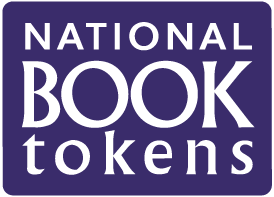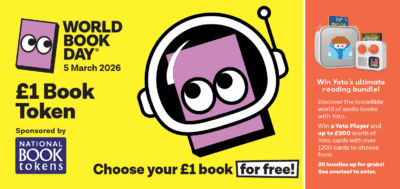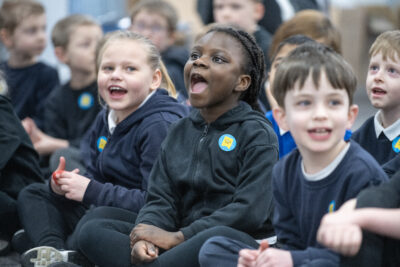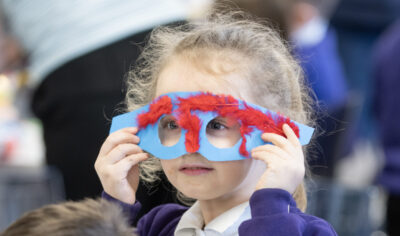Our selection guidance
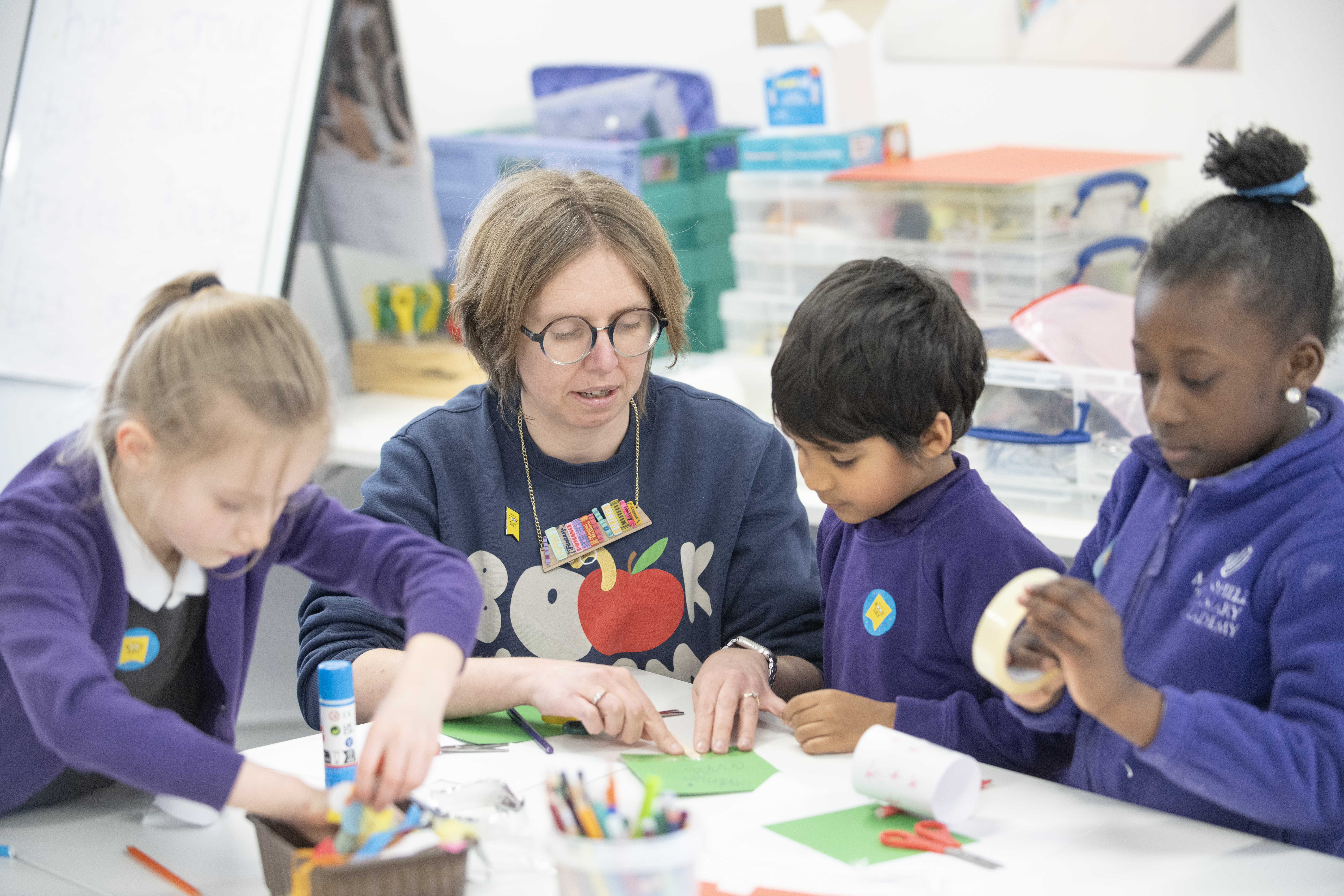
The selection guidance
World Book Day has created the following guidance to support decision making for all World Book Day submissions.
The aim of our selection process is to identify titles which children and young people will want to choose and read for themselves and families will want to share together with their children. We want the books to interest and be accessible to all children and families, including those who don’t currently see themselves as readers.
World Book Day’s aim is for our content to offer a gateway into reading. This guidance for the selection has been created with the support of partners (The National Literacy Trust, The Open University and Centre for Literacy in Primary Education) as part of World Book Day’s evidence-based approach.
Read more about our approach and information for publishers.
The evidence that informs it
Age categorisation can limit reading appeal and entrench existing stigma for readers who are not reading at the level consistent with their age. Using open added categories can avoid this e.g. 5+, 8+.
‘Children can be easily put off when they feel adults are making judgements about their reading choices.’
Centre for Literacy in Primary Education, ‘Choosing and Using Children’s Texts – What we Know Works’
Less confident and keen readers are often drawn in by books that can be dipped into meaning there is a role for non-narrative and information texts.
‘Children need to engage with information texts that represent their interests as well as those that are curriculum related.’
Centre for Literacy in Primary Education, ‘Choosing and Using Children’s Texts – What We Know Works’.
Illustrations can give immediacy to written texts and can help to ‘scaffold’ less confident readers or those for whom English is an Additional Language.
‘A focus on reading illustration helps to develop children’s deeper comprehension skills, allowing them additional opportunities to infer, deduce, think critically and empathise.’
Centre for Literacy in Primary Education, ‘The Power of Pictures’
Poetry and verse novels can provide an accessible route into reading and building reading skills, the white space often providing less daunting than ‘a wall of text’.
‘Poetry is many children’s route into reading. Its rhythms and patterns introduce children to a wide range of reading skills… Wordplay is one of the most basic pleasures of poetry, giving the opportunity for playing games with language so that the shapes, sounds, and rhythms of words are enjoyed as well as their meaning.’
Centre for Literacy in Primary Education, ‘Poetry in Primary Schools – What we Know Works’ (2018)
Seeing oneself reflected in the books that are read can form a powerful and deep connection meaning representation is important.
‘Children’s books can act as mirrors, to reflect the readers’’ own lives, but also as windows so readers can learn about, understand and appreciate the lives of others.’
Ramdarshan Bold, Melanie, ‘BookTrust Represents: Representation of People of Colour among Children’s Book Authors and Illustrators’ (2019)
Books which tie with children and young people’s existing interests such as video games can provide a route into reading and improve young people’s confidence in reading.
‘Children need to engage with information texts that represent their interests as well as those that are curriculum related.’
Centre for Literacy in Primary Education, ‘Choosing and Using Children’s Texts – What We Know Works’.
‘1 in 3 young people who play video games believe playing these makes them a better reader.’
Picton, Irene; Clark, Christina and Judge, Tim; National Literacy Trust Video Game Playing and Literacy: A Survey of Young People Aged 11 to 16
